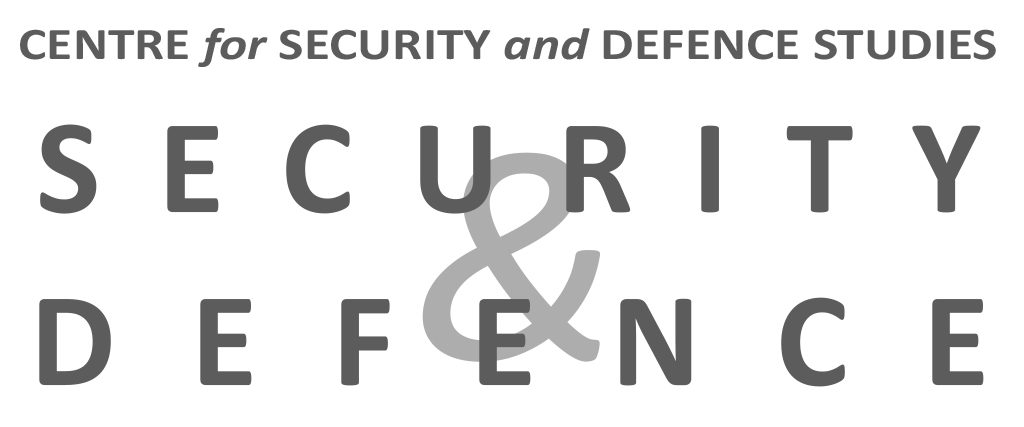
Concerned about the support the American company SpaceX could provide to Taiwan in case of a conflict pitting continental China against its neighbouring island, Beijing has recently reported on its research activities related to simulations of nuclear anti-satellite (ASAT) capabilities. The Northwest Institute of Nuclear Technology (NINT), the leading military nuclear research organisation in China, has announced that it is running simulations with a view to measuring the effects of a thermonuclear weapon explosion at an altitude close to the Kármán line on the satellites that would support the Taiwanese armed forces. The nature of NINT’s research is reminiscent of the tests conducted by the United States and the Soviet Union during the most critical period of the Cold War. Being aware of the excessive effects of such experiments on the terrestrial and space environment as well as the nonsense of such an undertaking for defending their strategic interests, Washington and Moscow decided to put a definitive end to this type of tests. China’s announcement has revived the spectre of a profound disturbance of the military balance that would result from a rampant destruction of the satellite capabilities of the space superpowers. This e Note aims to remind the geophysical consequences as well as the legal and diplomatic challenges of such a project, should it go beyond the simulation stage.
Download the e-Note 43(Only available in French)
Research lines: Defence capabilities and technologies ; Indo-Pacific

e-Note 43
ASAT thermonucléaire :
une option pour la Chine ?
Conséquences géophysiques et diplomatiques
